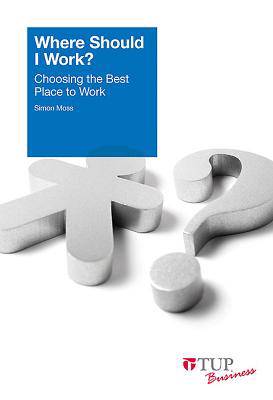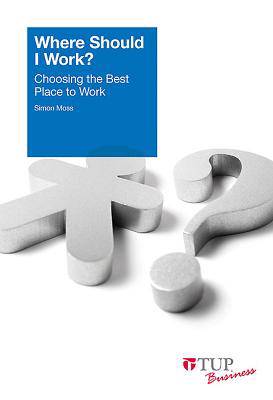
- Retrait gratuit dans votre magasin Club
- 7.000.000 titres dans notre catalogue
- Payer en toute sécurité
- Toujours un magasin près de chez vous
- Retrait gratuit dans votre magasin Club
- 7.000.000 titres dans notre catalogue
- Payer en toute sécurité
- Toujours un magasin près de chez vous
Description
Most people have acquired extensive knowledge about many topics. Some individuals, for example, know that actually two moons orbit the Earth, the second of which is only a few miles wide and invisible to the naked eye. Other individuals know that bubbles in Guinness beer seem to sink to the bottom rather than float to the top like every other beer. In addition, some people know that French fries originated in Belgium, Michael J. Fox's middle name is Andrew, the pupils in goats are rectangular, the first US cheerleaders were actually men, and Fidel Castro once worked as a Hollywood extra. Despite this wealth of information, fewer people are informed about a topic that affects every facet of their lives: how to choose the best workplace. Where Should I Work? Choosing the Best Place to Work helps the reader do just that. This is important because hundreds of characteristics and features of organizations will affect not only an employee's job satisfaction, but they will also influence their wellbeing. Thus, in the right organization people cultivate a sense of meaning and purpose in life, and, consequently, they become more likely to fulfill their goals, extend their skills, enhance their reputation, and improve their friendships. This book fulfills two key objectives: - * Challenges many of the misconceptions individuals have formed about the qualities and characteristics of organizations that promote wellbeing and progress in employees. Many people, for example, assume they will flourish in organizations that offer enormous bonuses to reward exemplary performance. Other individuals feel they will thrive in dynamic organizations - organizations that respond swiftly to unexpected opportunities in the relevant markets. As many scientific discoveries indicate, these characteristics, and many other coveted attributes, can damage wellbeing rather than enhance progress. * Second, this book enables individuals to predict the prevailing qualities and characteristics of organizations. Most organizations do not depict themselves accurately. During interviews, on and in official documents, many companies inflate their qualities. They erroneously portray themselves as supportive and cooperative. They feign concern about the family life of employees, maintaining they value balance. They exaggerate the degree to which they develop the skills, expertise and qualities of employees, and overestimate the degree to which they value the contributions of employees and the creativity of their suggestions.
Spécifications
Parties prenantes
- Auteur(s) :
- Editeur:
Contenu
- Nombre de pages :
- 198
- Langue:
- Anglais
- Collection :
Caractéristiques
- EAN:
- 9780734611239
- Date de parution :
- 01-01-13
- Format:
- Livre broché
- Format numérique:
- Trade paperback (VS)
- Dimensions :
- 150 mm x 218 mm
- Poids :
- 317 g







